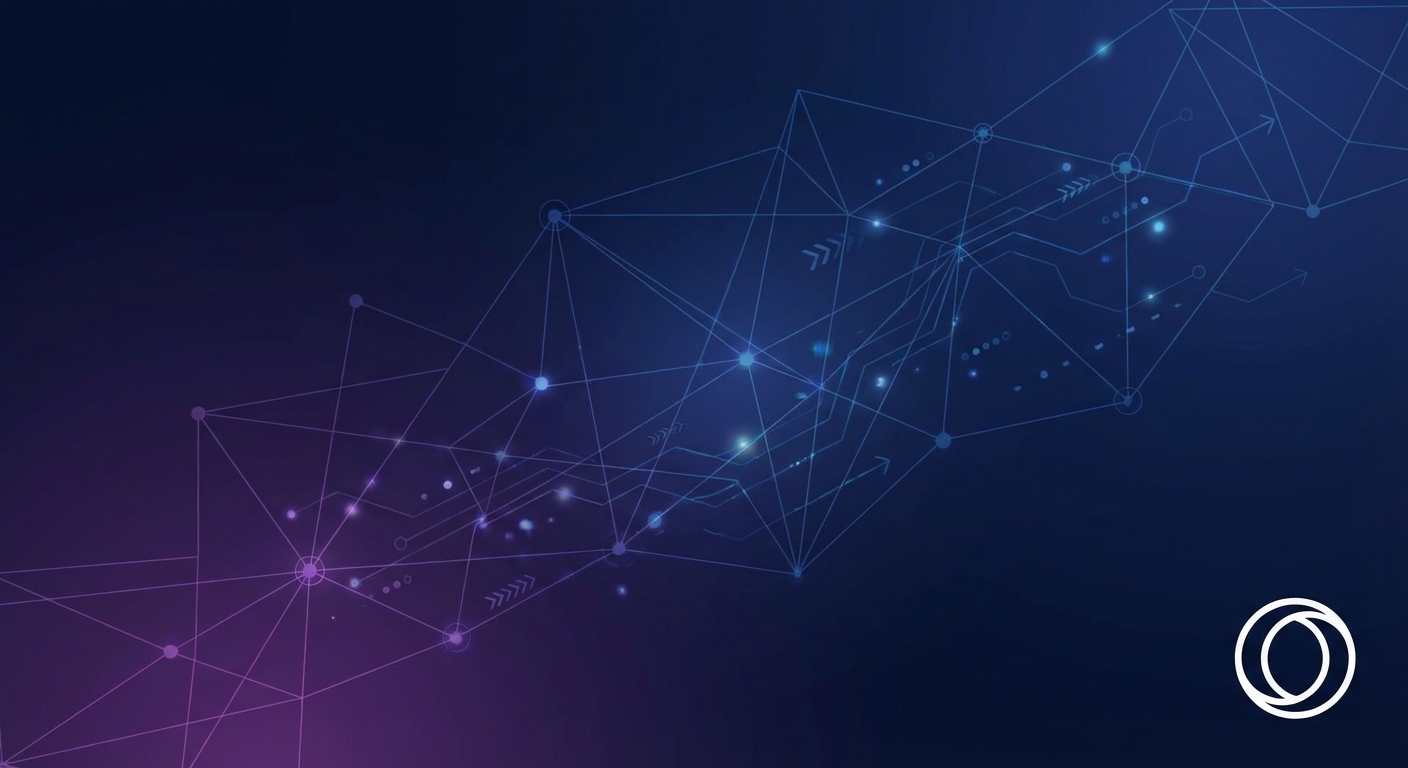Forging the Future: A Collaborative Approach to AI Agent Development
TL;DR
The Limits of the Lone Wolf: Why Collaboration is Key for AI Agents
Alright, let's dive into why collaboration is a must in the ai agent world. Think of it like this: building an ai agent alone is like trying to conduct an entire orchestra by yourself – it’s technically possible, but the result probably won't be pretty.
Developing ai agents is not a task for the faint of heart, or a single skillset. (Don't let perfection stop progress when developing AI agents) You're juggling data science – the heart of understanding patterns – software engineering to bring it to life, ethical considerations that honestly, people often forget, and good ol' fashioned domain knowledge. (Being a data science guy, is it necessary to implement ...) Trying to find one person who is an expert in all of that? Good luck, you are more likely to find a unicorn. (Dating as a unicorn : r/polyamory)
- Data science is key: You need people who can wrangle data, build models, and make sense of the insights that pop out.
- Software engineering: Turns those models into real, functioning agents that can do stuff.
- Ethics, folks: This is where it gets tricky. Are your ai agents fair? Are they transparent? Are they being used for good, not evil? Ensuring fairness can be tough, especially with biased data, and transparency is a challenge when models become complex "black boxes."
- Domain knowledge: You need to understand the industry you're trying to impact. An ai agent for healthcare is gonna look different than one for retail.
Collaboration isn't just about filling skill gaps; it's about speeding up the whole innovation process. When you pool ideas, techniques, and those hard-won best practices, things just move faster.
- Open-source is your friend: Think about those open-source projects and shared datasets floating around. They're like innovation superchargers, slashing development times and letting everyone build on each other's work.
- Knowledge Ecosystems: These are essentially networks where knowledge is created, shared, and applied. In the context of ai agents, it means fostering environments where developers, researchers, and domain experts can exchange insights, best practices, and even code, leading to faster innovation and more robust solutions.
What does this actually look like? Imagine a retail company trying to build an ai agent to personalize shopping experiences. Instead of just relying on their in-house team, they partner with a research lab specializing in behavioral economics and a cybersecurity firm to protect customer data.
Or picture this: a financial institution creating an ai agent for fraud detection. They team up with a data analytics firm in India to leverage a diverse talent pool that can spot patterns and analyze complex datasets.
As you can see, collaboration isn't just a "nice-to-have"; it's the secret sauce for building ai agents that are effective, responsible, and truly innovative. So, what’s next? We need to start thinking about how these collaborations can be structured.
Building Blocks of a Thriving AI Agent Ecosystem
Alright, let's talk about how we actually build this ai agent utopia we've been yakking about. It's not just about having skilled people, it's about creating the right environment for them to thrive.
Think of it like building with lego bricks. If every ai agent speaks a different language, they can't really work together, right? That's where standardization comes in.
- Defining common api standards and data formats is key. We need to make sure ai agents can actually talk to each other, no matter who built them. Imagine trying to build a smart home if your lights used a totally different protocol than your thermostat – total chaos.
- Ensuring ai agents can seamlessly interact and exchange information. This isn't just about tech; it's about making sure different systems can understand each other. For instance, if a fraud detection ai flags something, it needs to communicate that clearly to the ai handling customer service, perhaps by updating a customer profile or triggering a specific alert.
Now, ai is powerful, but power needs responsibility. We can't just unleash these agents without thinking about the consequences.
- Establishing clear ethical principles for ai agent behavior is non-negotiable. What happens when an ai agent makes a mistake? What if it makes a biased decision? We need to have guidelines in place, period.
- Addressing biases, fairness, and transparency in ai decision-making. This is huge. We can't let ai agents perpetuate existing inequalities. They need to be fair, and we need to understand why they're making the decisions they are.
- Focus on privacy and data security. I mean, duh. People are already sketched out about how much data companies collect. We need to make sure ai agents aren't making things worse, but better.
Finally, this can't be a top-down thing - it has to be something that everyone is involved in. Open source and community input are crucial.
- Encouraging the sharing of code, datasets, and pre-trained models. Open-source is where it's at. The more people contributing, the better the ai agents will get, and the faster they'll improve.
- Creating a vibrant community for collaboration, feedback, and support. We need a space for people to share ideas, ask questions, and help each other out. It's like a virtual water cooler for ai agent developers.
So, with standardization, ethics, and community, we're setting the stage for a truly awesome ai agent ecosystem.
The Business Case for a Collaborative AI Ecosystem
Okay, let's wrap up this discussion on collaborative AI ecosystems. Think of it this way: if you're not working together, you're probably losing out--big time. I mean, who wants to reinvent the wheel, right?
Working together just slashes development costs. It's basic math, really.
- Shared resources are a game-changer. Instead of every company building the same basic ai functions, they can pull from a common pool. Think of it like open-source software – everyone benefits from what others contribute.
- No more redundant coding. Why have five teams solving the same problem? Sharing knowledge and code snippets means less time spent on the same old stuff, and more time innovating.
Like, imagine a bunch of small healthcare providers trying to implement ai for patient diagnostics. Instead of each spending a fortune on their own system, they could collaborate on a shared platform – saving money and getting better results faster.
Ever notice how group projects in college, while annoying, almost always turned out better than solo efforts? Same principle applies here.
- More eyes means fewer bugs. Peer review isn't just for academics. When a community tests and scrutinizes ai agents, they catch errors and vulnerabilities that one team might miss.
- Diversity breeds robustness. Different backgrounds and perspectives lead to more well-rounded ai agents that work across various scenarios. It's like having a team of superheroes, each with unique abilities.
For example, a financial institution creating an ai fraud detection system could partner with a cybersecurity firm, ensuring the ai is not only effective but also secure against potential threats.
Want to be a magnet for talent and investment? Build an ecosystem.
- Skilled folks flock to thriving communities. Developers and researchers want to be where the action is. A collaborative ecosystem signals that you're serious about ai and creates a buzz that attracts top talent.
- Investors like clear paths to success. They're more likely to throw money at a project with a strong community and solid long-term prospects. It's all about minimizing risk and maximizing returns.
A thriving community creates space and place-based opportunities, fostering knowledge ecosystems that drive progress.
So, yeah, building a collaborative ai ecosystem is a smart move. Not only will it save you money and boost quality, but it will also attract the best people and the most funding. It's a win-win-win, really.



